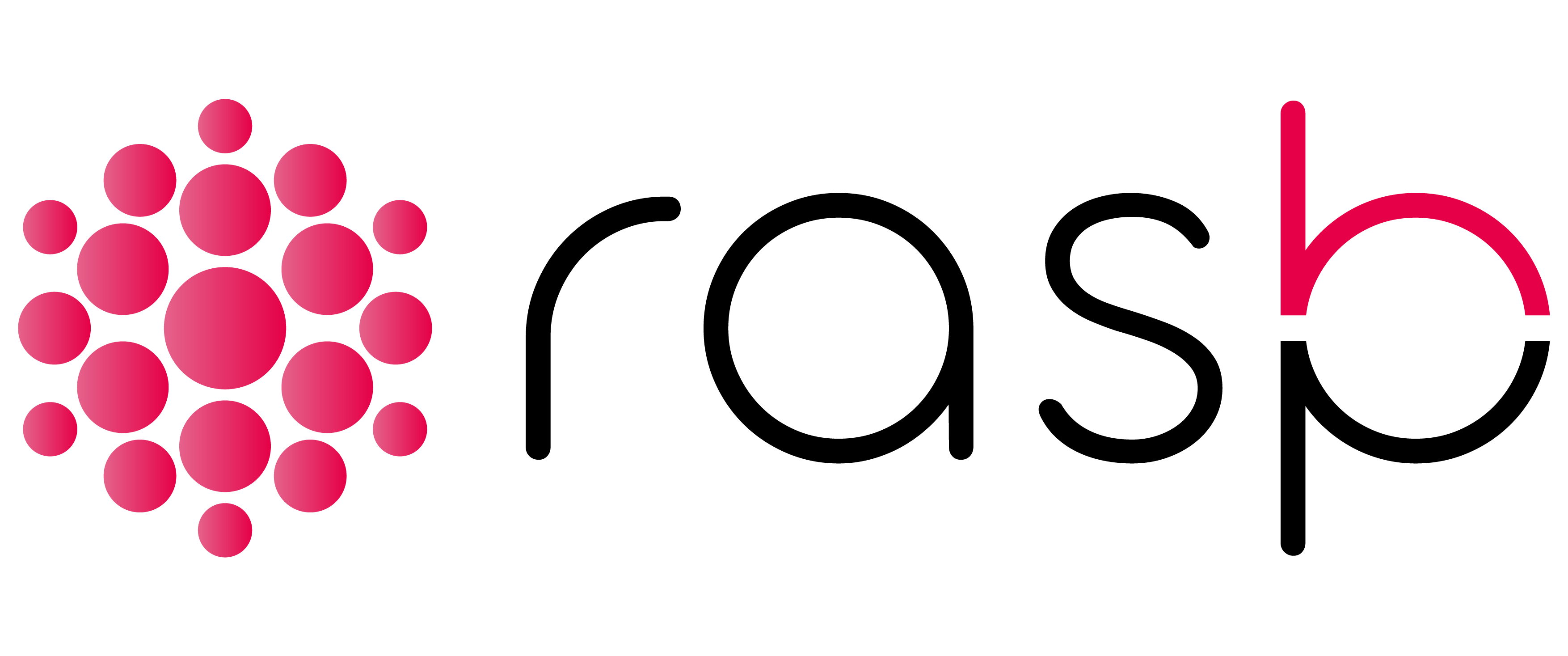Consultancy Dominance in the EIC Accelerator Process
The European Innovation Council (EIC) Accelerator program, designed to support innovative startups and SMEs, appears to have inadvertently fostered an ecosystem where consultancies play a more central role than the applicants themselves. This situation arises from a combination of the program’s complexity and the EIC’s communication strategies.
- Complexity and Obscurity Leading to Consultancy Reliance: Over 70% of survey respondents indicated that they hired a consultant to prepare their EIC Accelerator application. This high percentage reflects the program’s complexity and obscure nature, which can be overwhelming for many applicants. The official EIC communications, often focused on promotional materials, leave prospective applicants with more questions than answers, leading them to seek external expert assistance.
- EIC’s Communication Challenges: The EIC has struggled to communicate effectively what the Accelerator seeks and what applicants should expect. This difficulty is likely a result of the public institution’s tendency to prioritize political agendas and communications over pragmatic advice. There is a dichotomy in the EIC’s messaging: promoting funding for disruptive innovations while simultaneously favoring low-risk investments. This conflicting communication increases the reliance on National Contact Points (NCPs) and consultancies for clearer guidance.
The Impact on Applicants
The current ecosystem puts individual applicants at a disadvantage, especially those without the resources to hire consultants. This reliance on consultancies can lead to a skewed understanding of the application process, with many applicants overestimating their chances based on the EIC’s guidelines. It also creates a barrier for those who cannot afford consultancy fees, potentially sidelining innovative projects that lack the means for professional guidance.
Recommendations for a More Balanced Approach
- Enhanced Transparency and Direct Communication: The EIC could improve its direct communication with potential applicants, providing clear, pragmatic advice and realistic expectations about the application process.
- Accessible Resources for All Applicants: Developing resources and tools that demystify the application process could help reduce the over-reliance on consultancies. This could include detailed guidelines, examples of successful applications, and comprehensive feedback on rejected applications.
- Greater Support for Independent Applicants: The EIC might consider establishing support mechanisms for applicants who choose to navigate the process independently. This support could take the form of workshops, webinars, or direct consultation sessions.
Conclusion
While consultancies play a vital role in guiding applicants through the EIC Accelerator’s complex process, the current ecosystem seems to favor those who can afford such services. A more balanced approach, with enhanced direct communication and support from the EIC, could level the playing field, ensuring that all innovative ideas, regardless of their resource backing, have a fair chance at success.
About
The articles found on Rasph.com reflect the opinions of Rasph or its respective authors and in no way reflect opinions held by the European Commission (EC) or the European Innovation Council (EIC). The provided information aims to share perspectives that are valuable and can potentially inform applicants regarding grant funding schemes such as the EIC Accelerator, EIC Pathfinder, EIC Transition or related programs such as Innovate UK in the United Kingdom or the Small Business Innovation and Research grant (SBIR) in the United States.
The articles can also be a useful resource for other consultancies in the grant space as well as professional grant writers who are hired as freelancers or are part of a Small and Medium-sized Enterprise (SME). The EIC Accelerator is part of Horizon Europe (2021-2027) which has recently replaced the previous framework program Horizon 2020.
This article was written by ChatEIC. ChatEIC is an EIC Accelerator assistant that can advise on the writing of proposals, discuss current trends and create insightful articles on a variety of topics. The articles written by ChatEIC can contain inaccurate or outdated information.
- Contact Us -
EIC Accelerator Articles
All Eligible EIC Accelerator Countries (including the United Kingdom, Switzerland and Ukraine)
Explaining the Resubmission Process for the EIC Accelerator
A Short but Comprehensive Explanation of the EIC Accelerator
The EIC’s One-Stop Shop Funding Framework (Pathfinder, Transition, Accelerator)
Deciding Between EIC Pathfinder, Transition and Accelerator
A Winning Candidate for the EIC Accelerator
The Challenge with EIC Accelerator Open Calls: MedTech Innovations Dominate
Go Fund Yourself: Are EIC Accelerator Equity Investments Necessary? (Presenting Grant+)
Digging Deep: The New DeepTech Focus of the EIC Accelerator and its Funding Bottlenecks
Zombie Innovation: EIC Accelerator Funding for the Living Dead
Smack My Pitch Up: Changing The Evaluation Focus Of The EIC Accelerator
How Deep Is Your Tech? The European Innovation Council Impact Report (EIC Accelerator)
Analyzing A Leaked EIC Accelerator Interview List (Success Rates, Industries, Direct Submissions)
Steering the EIC Accelerator: Lessons Learned from the Pilot Program
Who Should Not Apply To The EIC Accelerator And Why
The Risk of Presenting all Risks in the High-Risk EIC Accelerator Program
How to Prepare an EIC Accelerator Resubmission
How to Prepare a Good EIC Accelerator Application: General Project Advice
How to Craft an EIC Accelerator Rebuttal: Explaining Grant Proposal Resubmissions

